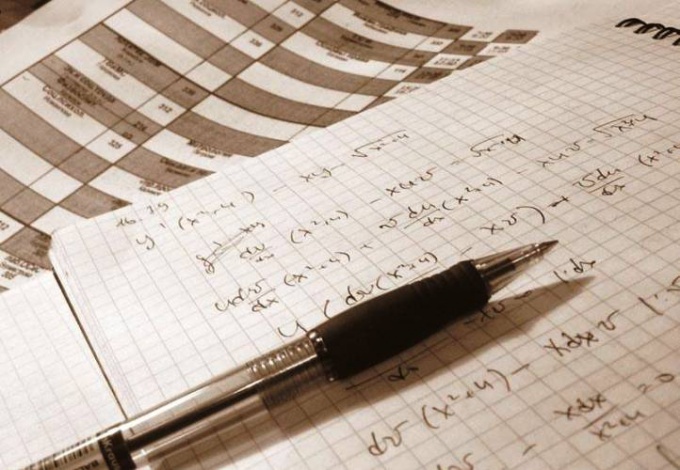You will need
- Calculator
Instruction
1
If the number is small, then such a decomposition is easy to do on the basis of the multiplication table. For example, you want to factorize number 6. It is known that 6 = 2 x 3. Numbers 2 and 3 simple, respectively, these numbers are simple factors of 6. Decomposition of number 49 get 7 and 7, since 49 = 7 x 7.
2
When a large number must first be split into the smallest Prime number that is a divisor. And so on, to see the full effect. For example, you want to expand the number 242 on simple multipliers. The smallest divisor of this number is the number 2. Get: 242 : 2 = 121. Next, look for smallest divisor of 121. It is obvious that neither 2 nor 3 nor 5 nor 7 is a number not divisible. Thus, to iterate over the Prime numbers in their ascending order. The number 121 is divisible by 11. Get: 121 : 11 = 11. Number 11, of course, divisible only by 11. So 11 : 11 = 1. The result is that the simple multipliers 242 composite numbers are numbers: 2, 11, and 11. This can be written as a product: 242 = 2 x 11 x 11 or 242 = 2 x 11 ^ 2.
3
To simplify the problem of decomposition you can use the table of Prime numbers. According to the table looking for the smallest divisor of a way of sorting. Divide by this number and then, in the same way looking for the smallest divisor of the number. Such actions are performed until, until will not get a Prime number. For example, it is necessary to decompose into Prime factors the number of 1454. Look at the table. In the first place the number 2. It fits: 1738 : 2 = 869. Next on the table looking for the number to be divided 869. Using the divisibility rules of numbers, it becomes apparent that this – 11. 869 : 11 = 79. And the number 79 is simple, it can be seen from the table. It follows that the simple factors of 1738 are 2, 11 and 79. The result can be written in the form: 1738 = 2 x 11 x 79.
